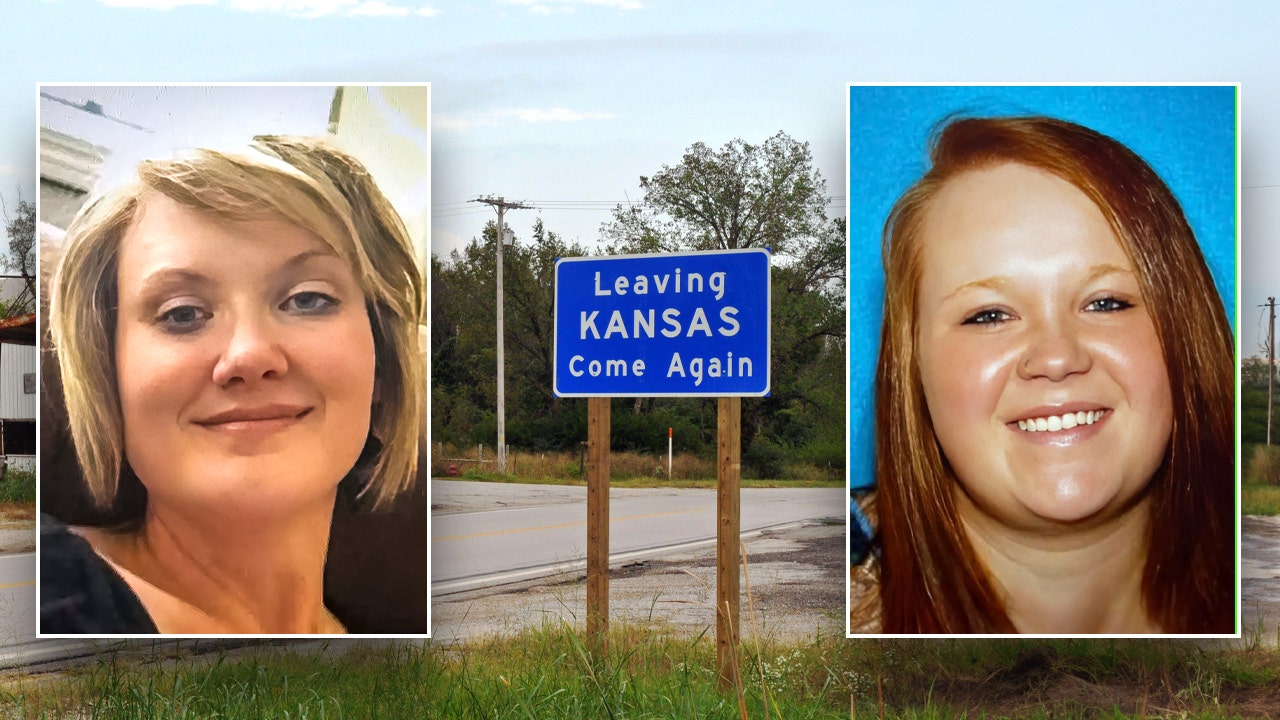In Rock Hill, S.C., last weekend, the biggest boom of a reaction came when Nikki Haley told the crowd, “Everybody’s telling me: Why don’t you just get out?” People basically responded with one long “no,” with one woman’s “Don’t give up!” sounding out above it. Ms. Haley responded instantly, “I will never give up,” and a big cheer went up.
Ms. Haley’s events last weekend in South Carolina ahead of Saturday’s Republican primary were populated with people in Gamecocks hats and Clemson sweatshirts; older blond women in quilted vests and jackets; dads in preppy eyeglasses with teen daughters; old men in Army vet baseball caps, which took me a minute to clock that they were most likely wearing because Donald Trump had mocked Ms. Haley’s husband.
These crowds tend to have — as a percentage, not in real numbers — more women and more couples, especially in their 60s and 70s, than the crowds at Trump events. And the most reliable response from any crowd Ms. Haley speaks to involves just the prospect of her quitting the race.
“The truth is like, people feel it. This is a real emotion,” she said in a brief interview on Friday. “It’s a real fear. It’s a real concern that they have with Donald Trump and Joe Biden.”
The Trump era has scrambled voting patterns across any number of groups, but there are a few voter demographics that have, arguably, mattered the most in the battleground states: Black voters of all ages; under-30 voters; white voters in rural areas; and suburban voters who often have college degrees and who are Romney-to-Biden voters, or have opted out of voting for president.
That last group — a persuasion group — has mattered in the suburbs of Atlanta and Phoenix and in Michigan and Pennsylvania. The Republican Party has had huge problems retaining or winning back those voters throughout the endless Trump era. And those are the voters who seem to like to hear a candidate say, as Ms. Haley did this week, that “we refuse to use the awesome power of big government to punish those we dislike, and we recognize that America has done more good for more people than any country in the world.”
Losing campaigns often can be either quite influential or matter as a sign of deeper problems. By continuing, even as the majority of the party can turn on them and the media portrays them as romantic or humiliated figures, candidates end up holding out and onto something that the rest of the party needs, or isolating some existential unhappiness in the body politic.
There’s this kaleidoscope crackup situation — look at Mr. Trump as a comeback candidate, it’s all dominance of the field; look at Mr. Trump as an incumbent, he is more fragile. In New Hampshire and in polling of South Carolina and some other states, Ms. Haley is performing about commensurate with how Pat Buchanan did in 1992 against George H.W. Bush — which as my colleague Jamelle Bouie noted last month, many people treated like an embarrassing crisis for Mr. Bush at the time. That also previewed future problems in the general election. Mr. Buchanan’s reactionary, isolationist campaign tends to get mentioned as the true precursor to Mr. Trump. Ms. Haley would be an ideological inverse, committed to a globally involved America, free trade and a more restrained posture about the role of government in people’s lives.
A few days ago, Nick Catoggio speculated in The Dispatch that perhaps Ms. Haley had concluded “she’s obliged as a matter of principle to go on trying to rally conservatives as best she can, to show the new populist G.O.P. establishment that the Reaganite bloc is stronger than they think.” When I put that to her, she said, “Well, I think there’s something to that; that look, there’s a group of Republicans that are begging to get everyone’s attention that Donald Trump, you know, is chaos on so many levels.”
Throughout her events last weekend, Ms. Haley emphasized that as Russian expansionism had become more dangerous and doubts have grown in America about NATO’s value, discipline in what’s said publicly mattered more — she pointed out, there was some virtue in tone and restraint. “We got to stop where we are hating people because they’re on the other side. We got to stop with all this anger and division that’s happening around our country. It’s not normal,” she said in Fort Mill, pointing out that it was least normal for young people. “They can’t live like that. It’s not right.” She ticked off homeownership, jobs, debt, fears of war. “And all they feel is anger and chaos.”
When the Haley campaign tweeted out an iteration of the message, a Trump campaign spokesman responded, “This is what weak babies say when they don’t have enough fortitude to run INTO the fire to fight for what’s right.”
Thirty percent is not a winning coalition. But it’s also not 2 percent, it’s not some pretend donor AstroTurf thing, it’s not a half-dozen protesters at a Trump event of thousands. And even if it were: Elections are close now.
Even more than that, winning and losing don’t always negate underlying emotions. Oftentimes, trying to persuade people who don’t think a candidate values their vote or ignores their problem doesn’t work. As Wall Street Journal reporters asked in a video breaking down the fractures for Mr. Trump in exit polling out of Iowa and New Hampshire, “The campaign becomes about who can he pull in.”
In Fort Mill, after a Haley event at an active-adult community at dusk, I watched an older woman tell a man emphatically, “She is a strong conservative,” either making the case for Ms. Haley to him or expressing some exasperation with the wider world. People I talked to seemed to be oscillating between disbelief at the way things have changed (is it no longer enough to bring a bicycle factory to South Carolina?), skepticism about the path forward for Ms. Haley (maybe Mr. Trump would be convicted and she could take over? one woman speculated to me), and relief about someone, anyone staying in the race with Mr. Trump.
There’s always a mix of emotions with this Haley campaign, from defiance and enthusiasm to unease and skepticism, certainly in the discourse surrounding Ms. Haley’s decision not to drop out. Why stay in if you’re losing? Why run if Mr. Trump’s success is preordained? Why attack or not attack him?
Oddly, the apex of wondering about Ms. Haley’s true intentions came before any of the voting really began, back in January, when ahead of Iowa, where she and Ron DeSantis pulled over 40 percent of the vote, and New Hampshire, where she pulled 43 percent of the vote, all kinds of people spent days speculating about whether she really wanted to be vice president. “And what did they say the day of the election?” she said on Friday of New Hampshire. “She’s down by 30 points.”
But it’s interesting how much Mr. Trump’s thinking seems to transfer to the broader discourse at times — like his victory is so inevitable that there’s not even a point in running against him in a Republican primary, unless it’s for some other reason, moral or corrupt.
When I mentioned the assumption of inevitability to Ms. Haley, she responded, “And you know what, if he wins the primary, they better enjoy the moment because he will not win a general election.”






